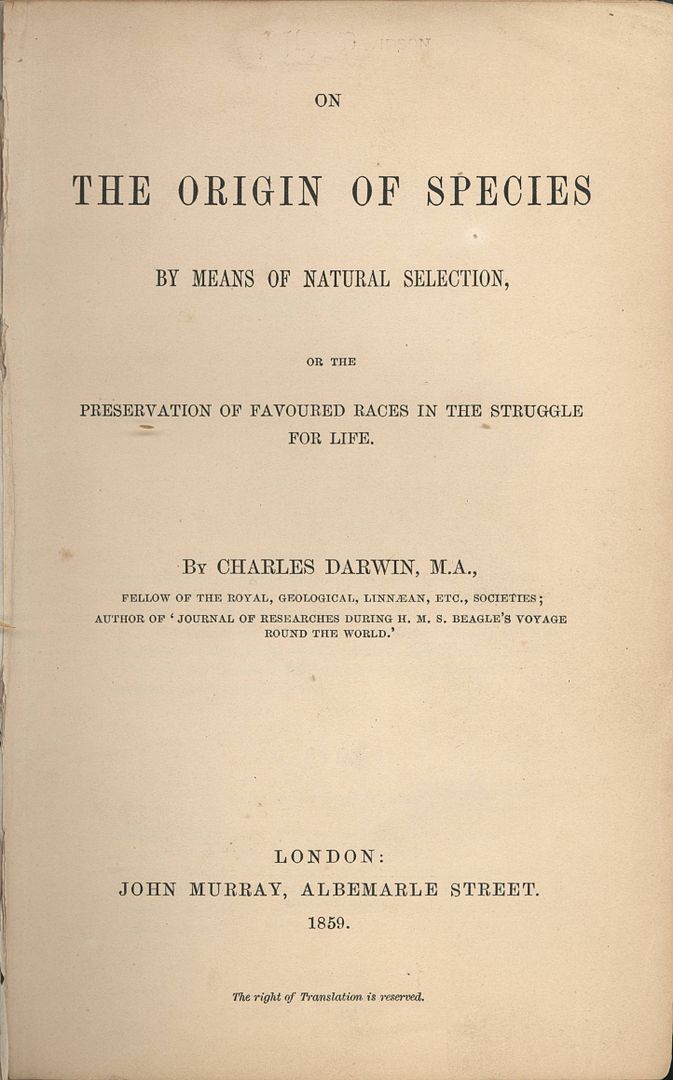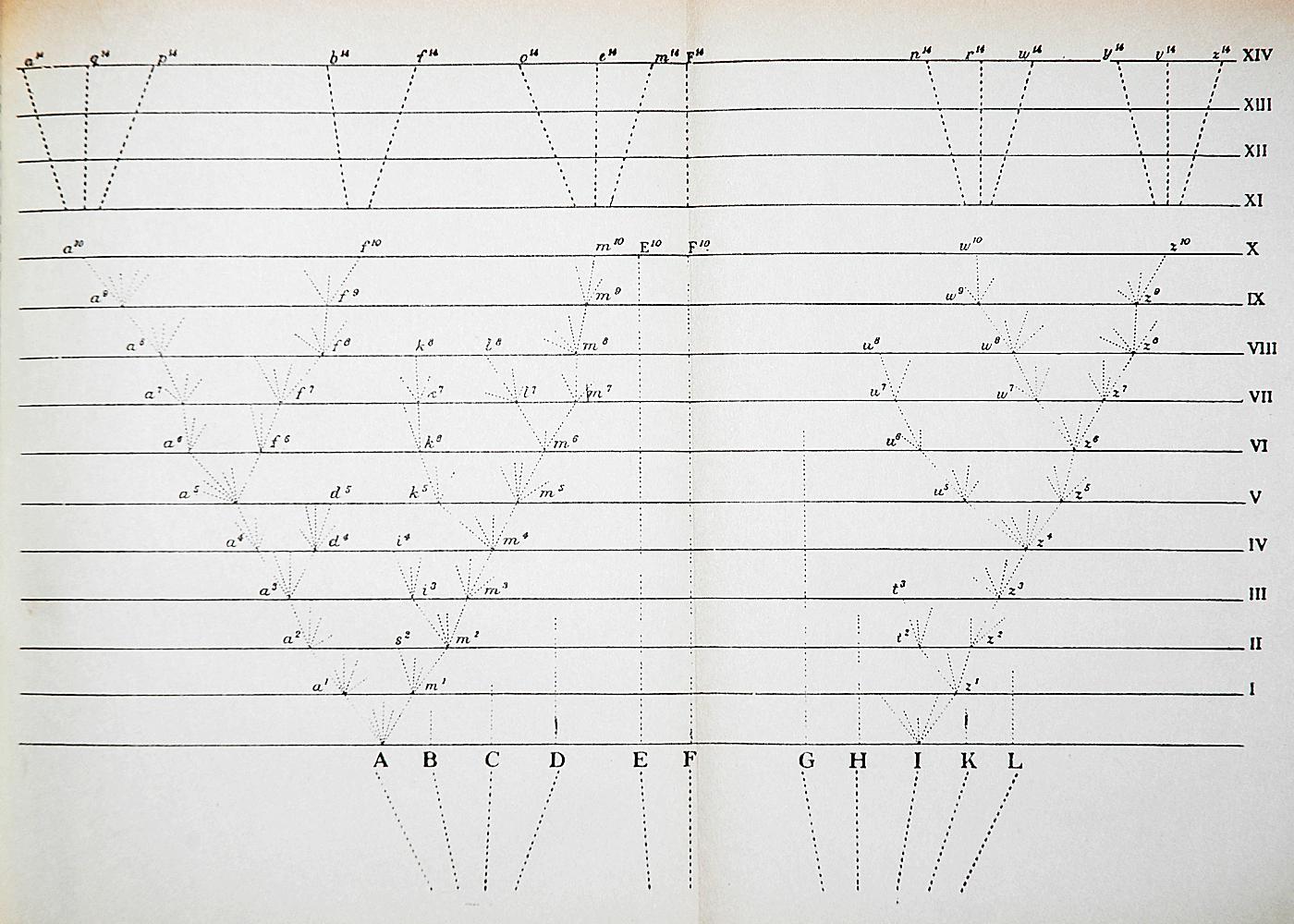Darwin’s theory of evolution is based on key facts and the inferences drawn from them, which biologist Ernst Mayr summarised as follows:
- Every species is fertile enough that if all offspring survived to reproduce, the population would grow (fact).
- Despite periodic fluctuations, populations remain roughly the same size (fact).
- Resources such as food are limited and are relatively stable over time (fact).
- A struggle for survival ensues (inference).
- Individuals in a population vary significantly from one another (fact).
- Much of this variation is heritable (fact).
- Individuals less suited to the environment are less likely to survive and less likely to reproduce; individuals more suited to the environment are more likely to survive and more likely to reproduce and leave their heritable traits to future generations, which produces the process of natural selection (fact).
- This slowly effected process results in populations changing to adapt to their environments, and ultimately, these variations accumulate over time to form new species (inference).

